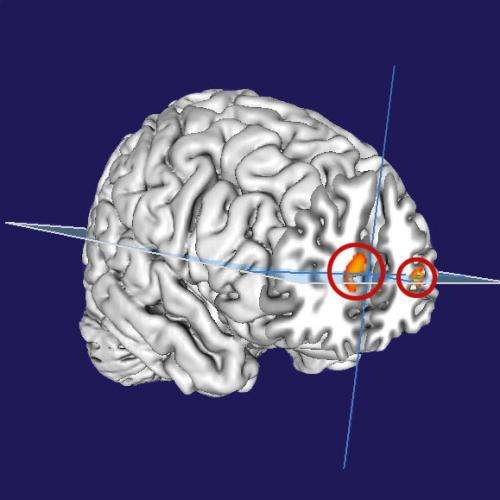Lucid dreams and metacognition: Awareness of thinking—awareness of dreaming

To control one's dreams and to live out there what is impossible in real life - a truly tempting idea. Some persons - so-called lucid dreamers -can do this. Researchers from the Max Planck Institute for Human Development in Berlin and the Max Planck Institute of Psychiatry in Munich have discovered that the brain area which enables self-reflection is larger in lucid dreamers. Thus, lucid dreamers are possibly also more self-reflecting when being awake.
Lucid dreamers are aware of dreaming while dreaming. Sometimes, they can even play an active role in their dreams. Most of them, however, have this experience only several times a year and just very few almost every night. Internet forums and blogs are full of instructions and tips on lucid dreaming. Possibly, lucid dreaming is closely related to the human capability of self-reflection - the so-called metacognition.
Neuroscientists from the Max Planck Institute for Human Development and the Max Planck Institute of Psychiatry have compared brain structures of frequent lucid dreamers and participants who never or only rarely have lucid dreams. Accordingly, the anterior prefrontal cortex, i.e., the brain area controlling conscious cognitive processes and playing an important role in the capability of self-reflection, is larger in lucid dreamers.
The differences in volumes in the anterior prefrontal cortex between lucid dreamers and non-lucid dreamers suggest that lucid dreaming and metacognition are indeed closely connected. This theory is supported by brain images taken when test persons were solving metacognitive tests while being awake. Those images show that the brain activity in the prefrontal cortex was higher in lucid dreamers. "Our results indicate that self-reflection in everyday life is more pronounced in persons who can easily control their dreams," states Elisa Filevich, post-doc in the Center for Lifespan Psychology at the Max Planck Institute for Human Development.
The researchers further want to know whether metacognitive skills can be trained. In a follow-up study, they intend to train volunteers in lucid dreaming to examine whether this improves the capability of self-reflection.
More information: Filevich, E., Dresler, M., Brick, T.R., Kühn, S. Metacognitive Mechanisms Underlying Lucid Dreaming. The Journal of Neuroscience (2015) DOI: 10.1523/JNEUROSCI.3342-14.2015




















